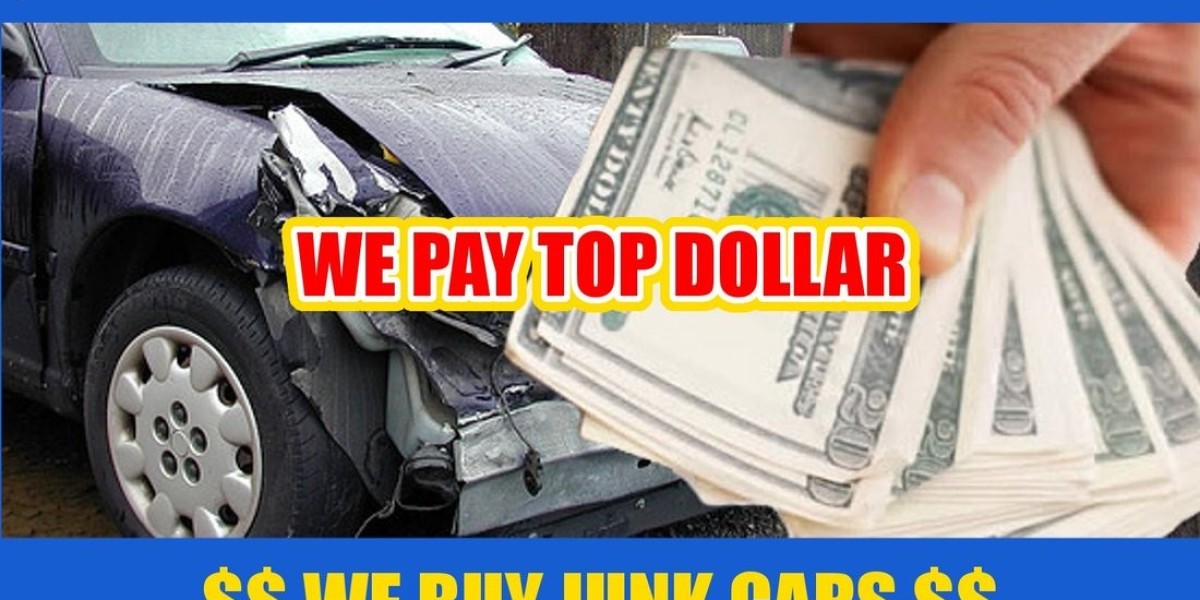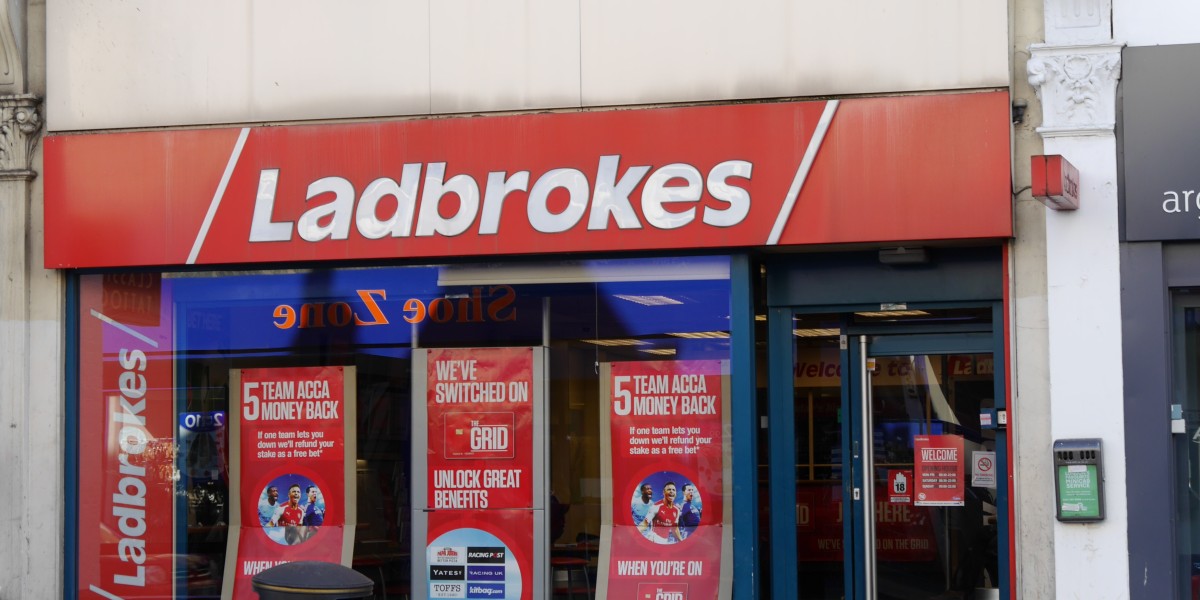Let’s face it: In the Ocean State, our cars have three natural enemies. There’s the salty sea air, the winters that seem to last six months, and the potholes that could swallow a Honda Civic whole. Eventually, every vehicle loses this battle. When that happens, you’re left with a two-ton paperweight in your driveway.
But here is the good news: That hunk of metal is worth money.
Whether you are a mechanic hunting for a specific alternator, a homeowner trying to clear out the garage, or dealing with an abandoned vehicle on a foreclosed property, understanding salvage yards in Rhode Island is a financial superpower.
This article isn’t just about trash; it’s about treasure. We’re going to break down how to navigate the world of junkyards in Rhode Island, avoid getting ripped off, and turn that rust bucket into cold, hard cash.
What Are Salvage Yards in Rhode Island?
At its core, a salvage yard is an organ donor clinic for automobiles. When a car is totaled, too expensive to fix, or simply too old to run, it goes here.
However, the modern salvage yard isn’t the spooky, dog-guarded lot you see in 80s movies. Today, these are sophisticated recycling centers. In a state as compact as Rhode Island, land is at a premium. This means junkyards rhode island based operations are usually efficient, high-turnover businesses. They strip cars for usable parts (OEM parts that are cheaper than aftermarket junk) and crush the shell for scrap metal recycling.
Why does this matter to you?
Economy: It puts money in your pocket.
Environment: It keeps hazardous fluids (oil, coolant, mercury) out of the Narragansett Bay.
Real Estate & Finance: For industry pros (like mortgage brokers or property managers), clearing a junk car is often a prerequisite to closing a deal or clearing a title on a property.
Common Challenges in "Cash for Junk Cars"
Dealing with junkyards in Rhode island can feel like the Wild West if you don’t know the rules. Whether you are buying parts or selling a clunker, here are the headaches people usually run into.
1. The "Bait and Switch" Quote
You call a service advertising cash for junk cars, and they promise you $500 over the phone. But when the tow truck driver arrives, he kicks the tires, shakes his head, and says, "This is in worse shape than I thought. I can only do $200." It’s a classic negotiation tactic that relies on you just wanting the car gone.
2. The Title Trap
Rhode Island has specific laws regarding vehicle titles.1 A common pain point is trying to scrap a car when the paperwork is lost, or worse, when the car was abandoned on a property you manage. Many yards won’t touch a car without a title, leaving you stuck with the liability.
3. The Logistics of Junkyard Car Pick Up
You have a car that doesn’t start. You need it gone. Some yards expect you to bring it to them. If you have to pay a separate towing company $150 to drag a car worth $300 to the yard, your profit margin just evaporates.
4. The "Needle in a Haystack" (For Buyers)
If you are visiting salvage yards in Rhode Island to pull parts, the challenge is inventory. You might drive 45 minutes to a yard in Providence only to find the specific Ford F-150 you needed has already been picked clean by vultures.
How to Solve These Problems: Step-by-Step Solutions
Stop stressing and start processing. Here is your game plan for navigating the salvage landscape in RI.
Step 1: Prep the Paperwork (The Boring but Vital Part)
Before you even pick up the phone, find the title. In Rhode Island, if a vehicle is newer than the year 2001, you generally need a title to scrap it legally.
Lost the title? You’ll need to file for a duplicate with the RI DMV (Cranston is lovely this time of year, right?).
Pro Tip for Mortgage Brokers/Realtors: If you are dealing with an abandoned car on a property, you cannot just sell it. You must follow the police procedure for abandoned vehicles to avoid legal blowback. Don't let a $300 scrap car ruin a $300,000 closing.
Step 2: Clean It Out
Junkyards buy cars by weight and component value. They do not buy your old gym shorts, the scattering of Dunkin’ receipts, or the EZ-Pass you forgot in the glovebox.
Check under the seats.
Remove license plates (You need these to cancel your registration and insurance!).
Step 3: Master the "Cash for Junk Cars" Negotiation
Don’t take the first offer. Call at least three junkyards rhode island locations.
Be Honest: Describe the condition accurately (e.g., "The engine is blown, but the body panels are pristine" or "It runs, but the transmission slips").
Ask about the Converter: If the catalytic converter is still on the car, mention it. That part alone contains platinum and palladium and significantly raises the value.
Step 4: Secure Free Junkyard Car Pick Up
This is non-negotiable. Unless you own a flatbed, do not pay for towing.
When getting a quote, ask explicitly: "Is towing included in that price?"
Most reputable yards in RI (from Pawtucket to Westerly) offer free pickup because they want your metal.
Step 5: The "Pick-and-Pull" Strategy (For Parts Buyers)
If you are buying rather than selling:
Check Online Inventories: Many modern yards list their new arrivals online.
Bring Your Own Tools: Most yards do not lend tools. Bring a breaker bar and penetrating oil (WD-40) because RI rust is basically industrial-strength glue.
Dress for Success: Wear boots. Salvage yards are filled with broken glass and sharp metal.
Comparison: Where Should Your Clunker Go?
Not all end-of-life paths are the same. Use this table to decide the best route for your vehicle.
Method | Effort Level | Financial Return | Best For... |
Private Sale | High (Ads, meetups) | Highest | Cars that still run and pass inspection. |
Salvage Yard | Low (One call) | Moderate (Scrap value) | Dead cars, accident damage, quick cash. |
Dealer Trade-In | Very Low | Low | Buying a new car (convenience fee). |
Charity Donation | Low | Tax Deduction | People who need a tax write-off, not cash. |
Key Takeaways
Important Note for Property Pros: If you are in the mortgage or real estate sector, build a relationship with a local salvage yard that handles junkyard car pick up. Having a "go-to" guy who can legally remove a nuisance vehicle from a driveway can speed up your property staging process immensely.
Know Your Value: The catalytic converter and heavy components are where the money is.
Demand Free Towing: Never pay to have them take your product.
Paperwork First: No title usually means no deal for newer cars.
Shop Around: Prices fluctuate based on the current market value of steel and aluminum.2
Conclusion
Whether you are trying to squeeze the last few dollars out of a faithful family sedan or clearing a foreclosed lot to get it market-ready, salvage yards in rhode island are an essential service. They keep the state clean, recycle valuable materials, and put cash in your wallet.








